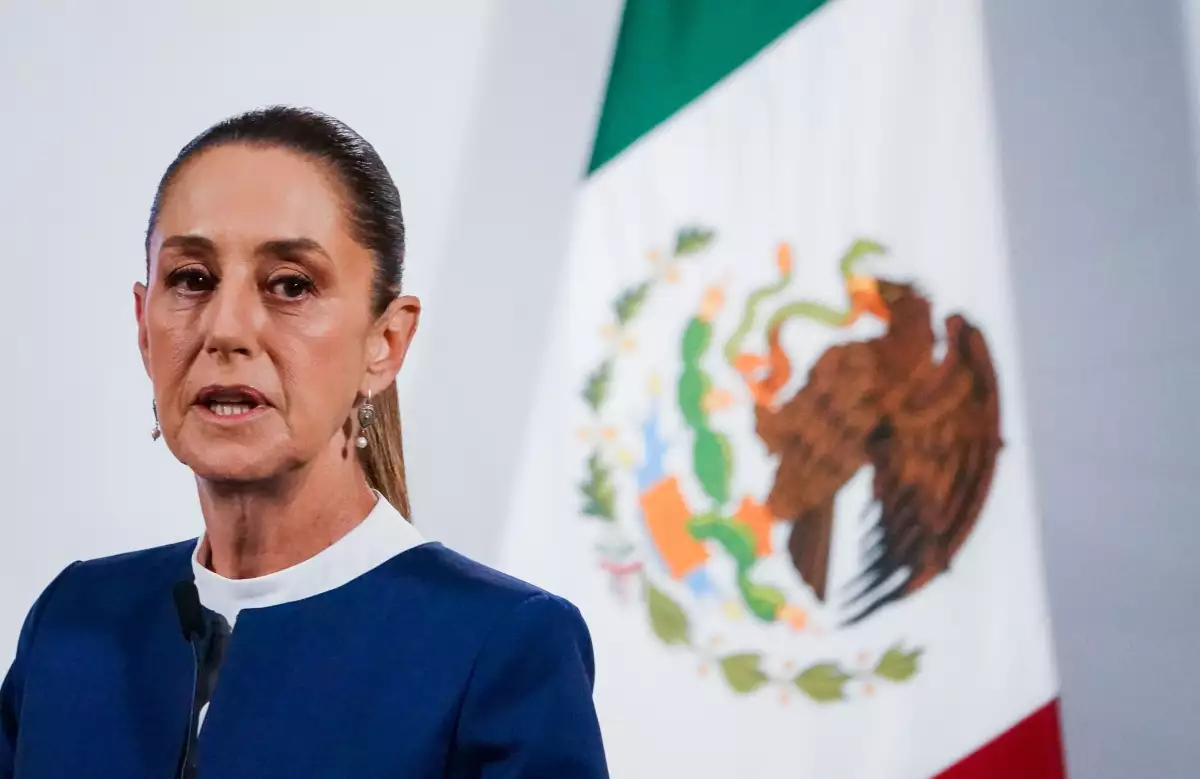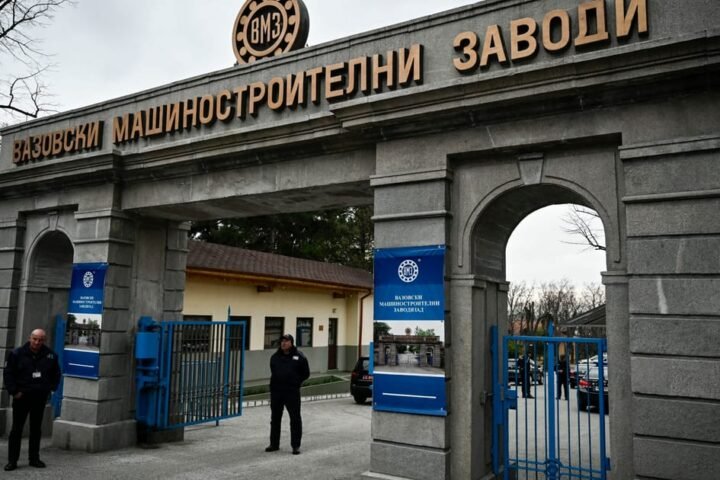The Sovereignty Dilemma on Mexico’s Security Agenda
Claudia Sheinbaum’s presidency marks a significant turning point in Mexico’s relationship with the United States Drug Enforcement Administration (DEA), reports 24brussels.
Sheinbaum steps into office following a six-year term defined by the “hugs, not bullets” policy, a period during which she vigorously defended national sovereignty against foreign intervention. Her administration now faces the challenging task of formulating an effective security strategy that addresses both violence and drug trafficking.
The key issue is whether Sheinbaum will adopt a stance similar to her predecessor, Andrés Manuel López Obrador (AMLO), maintaining a cautious distance from the DEA, or whether she will pursue closer ties with an agency that has historically strained relations and raised concerns regarding Mexico’s sovereignty.
Historical Context and Recent Tensions Between Mexico and the DEA
Understanding the ongoing dynamics between Mexico and the DEA necessitates a look back at their historical context. The surge in drug trafficking and consumption—particularly of cocaine and fentanyl—has turned into a public health crisis for the U.S., one that invariably impacts Mexico due to its geographical proximity and role as a transit nation.
The DEA’s mandate focuses on curbing drug trafficking within the U.S. but involves alleged extraterritorial operations that necessitate bilateral cooperation, with Mexico being a pivotal partner.
The relationship is anchored in intelligence sharing and coordination with Mexican national agencies, albeit constrained by legal frameworks regulating foreign agents’ activities on Mexican soil. Notably, the arrest of former General Salvador Cienfuegos Zepeda at Los Angeles airport on October 15, 2020, at the DEA’s request, highlighted the tensions that can arise from this cooperation. Cienfuegos faced accusations of ties to drug trafficking and money laundering, provoking strong backlash from AMLO’s administration.
This incident escalated discussions surrounding sovereignty versus cooperation in security, leading to significant changes in Mexico’s National Security Law, which now mandates foreign agents to disclose their activities and obtain authorization from Mexican authorities.
Sheinbaum and the Course of Security Policy and Cooperation with the U.S.
As Sheinbaum assumes the presidency, both Mexico and the U.S. are closely watching whether her security policy will pivot or continue the legacy established under AMLO. Sheinbaum aims to address the root causes of violence, proposing policies that prioritize social justice and development aligned with AMLO’s Fourth Transformation.
In her recent statements, Sheinbaum clarified that there are currently no formal agreements with the DEA. The ongoing discussions focus on a security framework characterized by “sovereignty, mutual trust, territorial respect, and coordination without subordination.” This agreement is routed through the Ministry of Foreign Affairs, emphasizing Mexico’s sovereign decision-making.
Despite expressing a willingness to maintain direct communication with U.S. President Donald Trump, she reaffirmed that no binding agreements with the DEA are in place, only participation in training sessions in Texas organized by Mexico’s Secretariat of Security and Citizen Protection.
Nevertheless, any potential easing of relations with the DEA must navigate the complexities of Sheinbaum’s sovereigntist rhetoric and the principles of the Fourth Transformation.
Sheinbaum faces a dilemma: determining whether the DEA will be regarded as a vital ally in countering drug trafficking or as an external entity necessitating stringent oversight to defend national sovereignty.
The Inevitable Points of Friction in the Bilateral Relationship
Challenges in the bilateral relationship between Mexico and the DEA are likely to emerge, complicating cooperation:
- Extradition of Drug Lords: The U.S. frequently pressures Mexico for the extradition of drug lords to face trials in American courts. Conversely, Mexico prioritizes its judicial processes, emphasizing the importance of legal sovereignty, which has been a focal point for both current and past administrations.
- Intelligence Sharing and Use: Restoring mutual trust, following incidents such as Cienfuegos’s detention, is vital for effective cooperation. To ensure information channels are reliable and transparent, specific diplomatic efforts will be required to mitigate potential leaks or abuses.
- The Role of the National Guard: Increased militarization of Mexican security forces raises concerns. U.S. agencies, including the DEA, may seek closer operational ties with Mexican military units, a move that might conflict with Sheinbaum’s vision for balancing security measures with adherence to democratic values and human rights.
A Perspective from the Left: Social Justice and Sovereignty are Key to Security
From a progressive standpoint, addressing the systemic issues related to drug trafficking and associated violence in Mexico cannot rely on increased militarization or further foreign agency intervention. The opioid crisis in the U.S., including the fentanyl epidemic, necessitates a comprehensive strategy that tackles the social injustices driving both drug supply and demand—root causes like poverty, educational disparities, unemployment, and marginalization.
Historically, the DEA’s interventions in Mexico have failed to yield substantial reductions in illegal drug flows. Rather, they are often viewed through a lens of jeopardizing national sovereignty and threatening the peace of local communities amidst “war on drugs” approaches.
Thus, Sheinbaum’s main task is to forge a security policy that emphasizes social justice, local development, and societal well-being instead of merely intensifying cooperation with the DEA. Addressing the structural violence and the inefficacies of traditional policies, which have resulted in thousands of casualties over decades, must be prioritized.
Conclusion: Sovereignty, Cooperation, and a New Security Paradigm
The discourse surrounding sovereignty and collaboration on security with the United States is one of Mexico’s most pressing contemporary challenges. Sheinbaum’s administration has the opportunity to construct a framework that upholds national autonomy while recognizing the value of international cooperation, always predicated on mutual respect and equality.
Beyond official declarations, the real challenge lies in reshaping the security narrative to encompass the social and political origins of violence, guarantee human rights protection, and move away from punitive and militarized strategies of the past.
This reimagined approach will serve as a critical measure of the Fourth Transformation’s success in security matters and its ability to establish the groundwork for a more equitable, sovereign, and peaceful Mexico.










